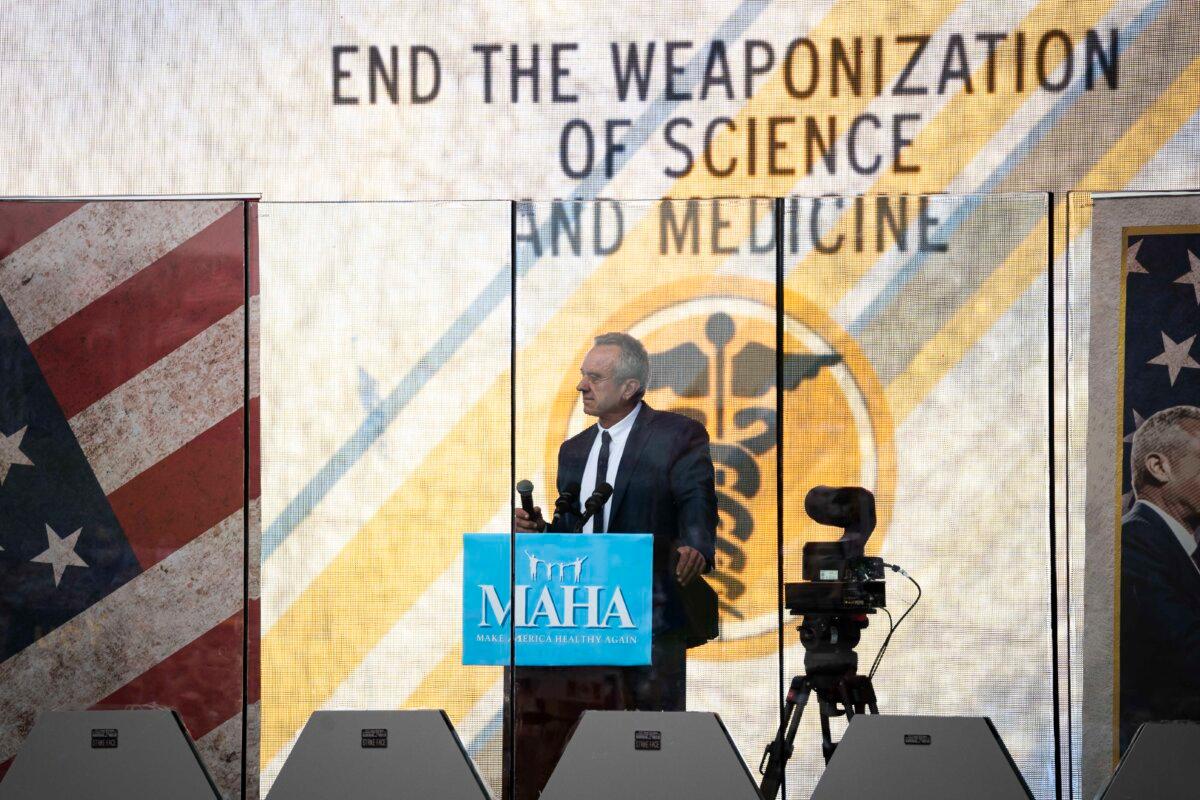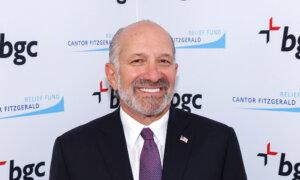Republican lawmakers questioned the public’s trust in the National Institutes of Health during the hearing.
President-elect Donald Trump nominated Kennedy to head the HHS, which includes the NIH, Food and Drug Administration (FDA), and Centers for Disease Control and Prevention, among other agencies. Kennedy has said he will make substantial changes to agencies such as the NIH as HHS secretary.
Before he can begin the role, Kennedy must receive confirmation from the Senate, an outcome that will be more likely with Republicans regaining control of the chamber in January.
Bertagnolli, a cancer researcher, is expected to submit a resignation letter to Trump after he takes office in late January.
The House Committee on Energy and Commerce has proposed trimming the NIH’s 27 institutes and centers to 15 and implementing other policy changes such as enhancing oversight for infectious disease research and limiting the number of grants investigators can receive.
At Tuesday’s hearing, Republican lawmakers questioned the public’s trust in the NIH.
Rosa DeLauro (D-Conn.) praised the agency and said the American people do trust the NIH. She encouraged bipartisan cooperation on funding.
“The health of our communities must rise above partisan politics,” DeLauro said.
Dr. Andy Harris (R-Md.) told Bertagnolli that “America is getting sicker not healthier, whether you look at mental health, physical health, life expectancy, maternal mortality.”
“Fact of the matter is, whatever we’re doing, it’s just not working,” he said.
Harris noted that Kennedy and Elon Musk “are going to have a say in this.”
“They realize that we have to make America healthy again. We have to do it efficiently,” he said.
“We have the attitude in America that Ozempic, I guess, is going to cure our nutrition problems. Yet we spend in the SNAP program, for instance, $10 billion on sugary sodas and probably $5 billion to $10 billion on salty snacks.”
Harris told Bertagnolli that the NIH notified his office that the agency doesn’t have a scientist who specializes in studying diet-related diseases.
“Obesity, hypertension, diabetes—these are the drivers of huge costs to our Medicare program. Do you really not have a scientist at NIH who specializes in studying diet-related disease?” Harris asked Bertagnolli.

Robert F. Kennedy Jr. speaks at the Nixon Library in Yorba Linda, Calif., on June 12, 2024. John Fredricks/The Epoch Times
The NIH director said that “nutrition is fundamental to health.”
“We all understand that. And I can’t think of a single institute or center across NIH that doesn’t in some way or form have research that touches on nutrition,” Bertagnolli said.
Harris told Bertagnolli that she wasn’t answering his question.
“You’ll have to get back to me because obviously you don’t know the answer,” he said.
“I believe that’s incorrect,” she responded about the claim that the agency doesn’t have a scientist who specializes in studying diet-related disease.
Kennedy has said he advocates for vaccine safety and informed consent. Critics have claimed he is an “anti-vaxxer” and would look to ban some inoculations.
On Nov. 19, Rep. Lois Frankel (D-Fla.) asked Bertagnolli what the downside would be if children were not vaccinated.
Frankel noted that “there’s been some talk by some who might have leadership positions in the next administration of discouraging vaccination.”
“If you go back 100 years ago, the leading cause of death—and it was dramatic—was infectious disease. And why did that change? Vaccination—that is the single reason,” Bertagnolli answered.

Dr. Monica Bertagnolli, director of the U.S. National Institutes of Health, in Washington on Oct. 18, 2023. Kevin Dietsch/Getty Images
Bertagnolli said she has seen “individuals who unfortunately were in the womb when their mother got rubella” and that “terrible congenital malformations” happened.
“So it’s not just the consequences even for the individual—it can be mother to child and then finally across society when we see the spread of infectious disease,” Bertagnolli said.
The board will convene every seven years to study the NIH’s authorities and structure and establish priorities for the 27 centers and institutes that form the agency. Upon completion, the board will give a final report to the NIH director and the secretary of HHS.
He said little will change until giant or private corporations stop controlling the FDA, CDC, and the Department of Agriculture.

Robert F. Kennedy Jr. speaks behind a bulletproof glass during the Rescue the Republic rally in Washington, on Sept. 29, 2024. Madalina Vasiliu/The Epoch Times
Kennedy also said he wanted to fire 600 employees at the NIH, which oversees vaccine research, and replace them with 600 new employees.
Bhattacharya was a vocal opponent of the lockdowns and mandates during the COVID-19 pandemic.
Original News Source Link – Epoch Times
Running For Office? Conservative Campaign Consulting – Election Day Strategies!


